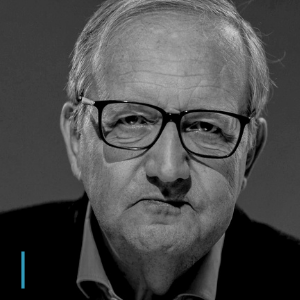On the back cover of the book Act Human, the widow of late Prof. Etienne Vermeersch says “marketing is the art of manipulating the weaknesses of human beings”. This has haunted the marketer since the 1950s. Unfortunately, there are plenty of examples of “cheap” sales tricks labeled as “marketing”. However, the entire philosophy behind Act Human is based on servitude and support. A Human Activator primarily offers mental solutions, services that help people deal with the challenges of everyday life. Ethics is one of them. Ethical marketing is therefore not a contradictio in terminis.
Ethical marketing. Marketers don’t always like to talk about it. The average citizen, who always has difficulties with marketing and especially the advertising aspect of it, is not easily convinced that there is such a thing as ethical marketing.
For the average citizen, there is always, if not an unethical, at least a seedy side to marketing. Average Joe doesn’t believe that marketing plays by the rules. What those rules entail is yet another matter.
However, some rules they do know. For example, that no drugs may be advertised. Indeed, one is not supposed to engage in self-medication when it comes to more important diseases than some headache or a mild cold.
Meanwhile it is quite popular for Average Joe to complain about “Big Pharma” and to conveniently forget the enormous efforts that precede one successful new formula. However, the share of the Pharma industry in the gigantically increased lifespan of the average person is huge. Of course, this is no excuse for a bank robbery via unlimited pricing. The genius who develops these new drugs through teamwork deserves as much of a brilliant compensation as the top soccer player who wins the Champions League. And, of course, the marketing of those prescription drugs is not aimed at the ultimate user, but at the doctors who must prescribe the drugs.
We are all aware of the fact that marketing is not free, and that marketing therefore drives up the price of the drug. So what now?
How much are we willing to pay for our health? A drug, of course, is not a natural product that becomes cheaper through the laws of competition. Other laws come into play here, such as those related to generic products – which are still used less in our country than in our neighboring countries. But that is another matter.
Generic products cannot combat all ailments. Pharmaceutical laboratories are constantly looking for new medicines that are – literally – more effective, have fewer harmful side effects, and so on. Some quasi-lethal diseases can now be cured with a single treatment. But they are also looking for new products for ‘untreatable’ diseases, such as malaria and Covid-19 or, as was the case a few years ago, AIDS. That takes time. And it costs money. Everyone understands that.
What is less – or not – understood is the simple fact that if the physician does not know about the new product, his patients cannot benefit from it. And this is where the other catch is.
How far can one go to educate doctors about the drug and convince them to prescribe the drug? Or to put it another way, what is the difference between a medicine and a soft drink?
The answer seems simple: you can live without a soft drink, but without an effective medicine you might die. So here we can really speak of ethical marketing. Isn’t it unethical to prohibit all marketing for a new and consequently usually expensive drug? Should pharmaceutical firms limit themselves to an article in a trade journal to announce their new drug?
University researchers and specialists in hospitals might read this article. In between the multiple other articles they – might – read after a tiring and long day. And the general practitioner? A doctor is also only human. Every day he consults sick people who he must help right away. He trusts medicine he knows, which have already proven their worth.
Set up seminars, preferably in an exotic vacation spot, where eventually the famous new drug is discussed? Vacation or seminar? Or is better to overload the doctor with expensive gifts? Is this marketing or bribery? Isn’t a good social media campaign more “ethical”?
Give doctors gifts that are useful for their profession? Where do you draw the line between truly useful gifts and pseudo medical gadgets? the doctor every month with sales pitches?
This is where there is space for ethical marketing. Here the dosage determines the ethics of the marketing.
In the United States the producers of pharmaceutical products (who aren’t missionaries, but need to earn money) imposed a code for good sales behavior. Not an easy case.
The Pharmaceutical Research and Manufacturers of America justify the marketing of medicine as such: if doctors don’t know about the new medicines, then their patients can’t profit from the benefits as well.
Salesmen from pharmaceutical firms give the doctors information about the pros and cons of the products on which they worked for ten to fifteen years. In that way they receive valuable feedback from the doctors.
They give doctors samples for free so they can try out the medicine before prescribing it to the patient. In addition, . Marketing concerning doctors is therefore an important aspect of health education.
Now that is what people call getting it all out on the table, but in this doesn’t mean the game is won. Will the other players now put their cards on table as well?


